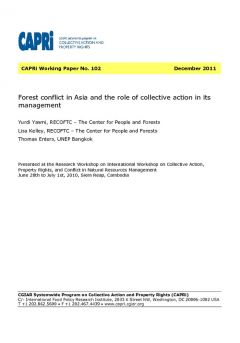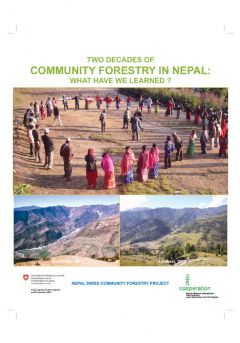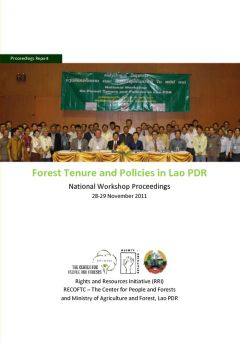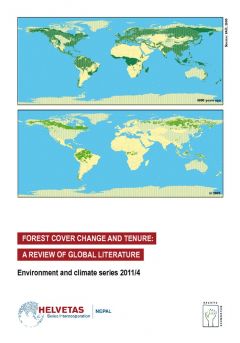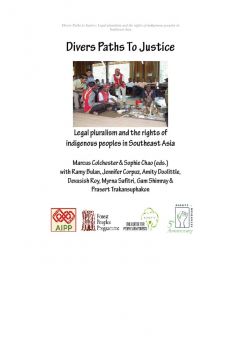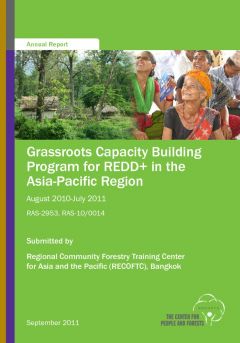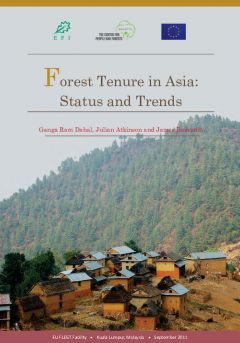Forest Conflict in Asia and the Role of Collective Action in its Management
Forest conflict in Asia is on the rise as various stakeholders have different views about and interests in the management of increasingly scarce resources. Unfortunately, in many instances, local communities and indigenous peoples suffer the most when such conflicts play out. Focusing on how rights (or a lack thereof) instigate conflict and how collective action plays a role in conflict management, this paper examines eight cases from six countries: Cambodia, China, Indonesia, Lao PDR, Thailand and Vietnam.

